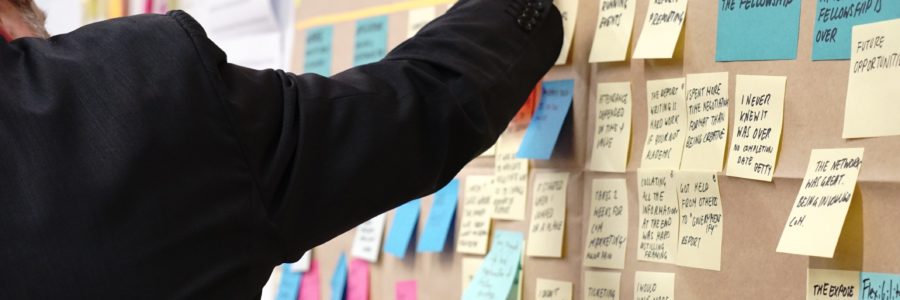BY BRADLEY WO
The desire to have evidence of impact to guide effective giving is at the forefront of the minds of many APC members. However, this can be difficult when experimenting with untested innovations or supporting complex social change. The challenges were exacerbated when COVID-19 hit, as programmes and life itself became disrupted.
APC invited Dr Robyn Mildon, Founding Executive Director of the Centre for Evidence and Implementation (CEI), and Ravi Gurumurthy, Chief Executive Officer of UK-based innovation foundation Nesta to offer their perspectives with APC members on incorporating evidence and evaluation into philanthropic practice. Both Robyn and Ravi have extensive background in on-the-ground practice and research across continents.
At the heart of the discussion was the focus on evidence-informeddecision-making. This means using high-quality evidence to make better decisions, taking into consideration three key factors:
- the status and circumstances of the people being served,
- their preferences and actions, and
- the existing research evidence base for the potential intervention.
These considerations are especially critical when adapting programme design to fit a new country or culture. Even if a programme is supported by the best evaluation and evidence in the world, it will fail if not properly contextualised. By doing so, philanthropists can ensure good use of their resources and avoid harm, and programmes can strive for equity, accountability and transparency.
Speakers highlighted the growing role of philanthropy in encouraging evidence. Ravi cited ‘What Works Centres’ in the UK, which aim to ensure that the best available evidence on ‘what works’ is made available to decisionmakers in the public sector. The initiative, which grew to form a network of 10 such centres in 2013, was supported largely through philanthropic funding, and resulted in the UK government adopting more and better evidence to improve the design and delivery of public services.
Robyn noted the increased demand from philanthropists for CEI’s work and assessment, attributing it to a shared drive to understand how change works. The role of philanthropy here is distinct from that of government, as philanthropists have the flexibility to be more independent, and can take more risks in the projects they support or the research they commission.
In the end, building up the field for evidence and analysis is, and will be, a team sport—a marathon, rather than a sprint: resources must be pooled, capacity built over time, and evidence synthesised and contextualised. Given the interest of APC members around evidence and evaluation, APC will continue to develop resources for members to enable them to further incorporate these principles into their giving.

